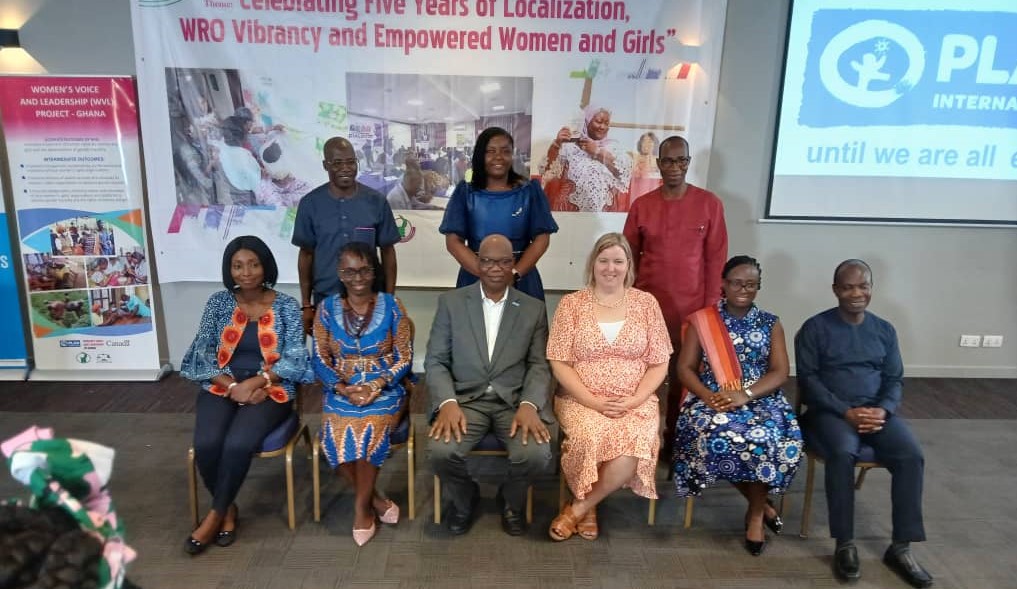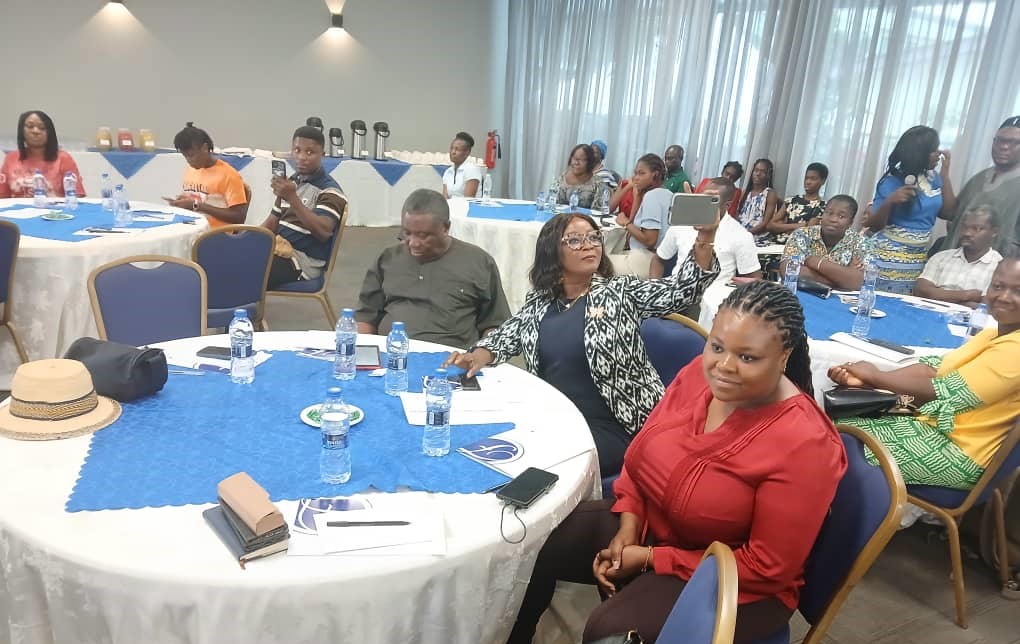By Eunice Hilda A. Mensah
Accra, July 31, GNA – Plan International Ghana, through its “Women’s Voice and Leadership (WVL) Project, has empowered more than 102,000 women and girls to advance promotion of human rights and gender equality.
The project implemented with 81 women’s rights organisations, focused on thematic areas such as gender roles, prevention of sexual and gender-based violence, legal aid, female leaders, economic empowerment, and advocacy.
Mrs Theodora Asare, Project Manager, WVL Project, said the project with a three million Canadian dollar funding support from Global Affairs Canada, trained 286 staff of women’s rights organisations on capacity building to be able to make a broader impact.
She gave the figures at the grand close-out event of the project in Accra.
In 2022, she said Ghana ranked 108th out of 146 countries globally in the gender gap index and 30 per cent of women experienced sexual violence at least once in a lifetime.

Speaking about the impact of the project, the Manager said 100 per cent of the women’s rights organisations perceived that there was an increase in their respective organisation’s ability to manage, engage in networks, alliances, platforms, or movements.
Mr Constant Tchona, Country Director, Plan International Ghana, explained that the introduction of Canada’s Feminist International Assistance Policy in 2017, paved the way for the WVL Project to change the gender landscape for the better.
“As a result, we have seen increased numbers of Development Partners trusting and willing to invest in Women Rights Organizations in Ghana to build a movement for women’s empowerment, forge a journey toward progress and justice, create a platform for change, and shape a beacon of hope for a more just and equal future.
Despite their immense contributions, he said Women’s Rights Organisations were faced with organisational effectiveness difficulties such as inadequate capacity in governance, human resource management, external donor engagement as well as dwindling funding landscape in the gender space.
These factors had huge impacts on the vibrancy and sustainability of Women Rights Organisations and the quality of services they provided to the women and girls in their localities, Mr Tchona stated.
For such reasons, he said the Women’s Voice and Leadership project in a spirit of co-creation identified and rolled out capacity building, coaching and mentorship to the grantees.
“For example, over 65 per cent of the project budget went directly to support Women’s Rights Organisations with grant funding and capacity building.
Mr Tchona explained that the Women’s Voice and Leadership project through its partners worked to improve women’s self-esteem, confidence, and voice to exercise and influence decisions regarding their participation in leadership.
It also upheld values of transformed power relations by strengthening the agency of women and girls through the Women’s Rights Organisations across four domains.
They are access and control over productive resources, participation and decision-making, social norms and engaging moral and primary duty bearers and institutions.
“As the echoes of the voices of these renowned women is heard in the distance, it is time for renewed and vibrant Women’s Rights Organizations to uphold their voices for the tomorrow’s women and girls who are poised in taking up leadership roles,” he noted.

Dr Afisa Zakariah, the Chief Director, Ministry of Gender, Children and Social Protection in a speech read on her behalf, said she believed that the seeds planted by the project would continue to flourish, empowering young girls and women for years to come.
The Ministry, she said, had witnessed remarkable achievements through capacity-building initiatives, transformative programmes, and innovative approaches to promoting women’s rights and economic skills.
The project had delivered on its promise to create an environment where all women could thrive, tackling critical issues head-on and fostering real, tangible change in communities across Ghana.
“As we reflect on the significant strides made through this project and its various interventions, let us renew our commitment to being deliberate in all matters of gender.
“Engaging women and girls in the pursuit of gender equality is not just a goal, it’s our responsibility,” she said.
Madam Kathleen Flynn-Dapaah, Head of Cooperation, High Commission of Canada to Ghana, said they celebrated the success of the project, which had touched more than1500 women and girls’ lives, from supporting teen mothers’ education to empowering queen mothers and promoting women’s equality, adding: “Your achievements validate our beliefs.”
The collaboration with Plan International Ghana and their partners, she said had been inspiring, witnessing the evolution of networks and the passion driving the work.
“As we close this chapter, remember that the resources and experiences gained are building blocks for the future. Ayeeko to all – though this project ends, our commitment to empowering women and girls continues with renewed vigour,” she advised.
GNA